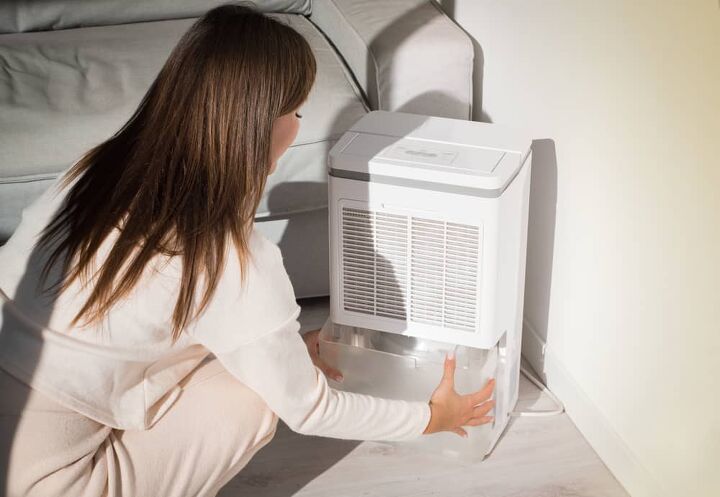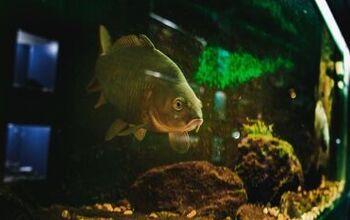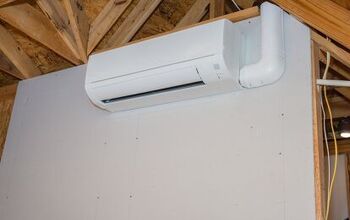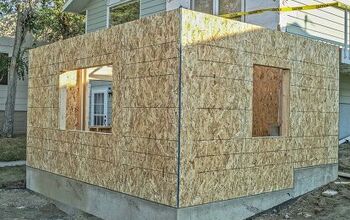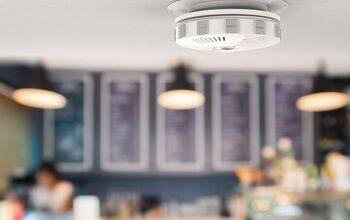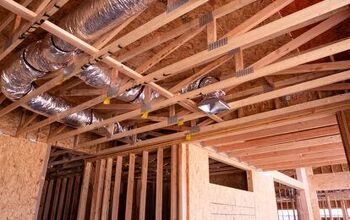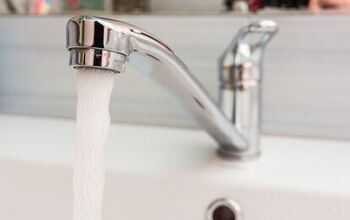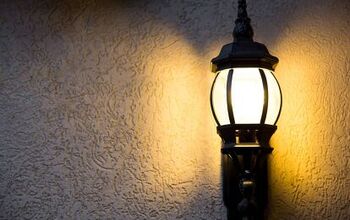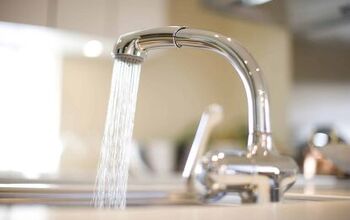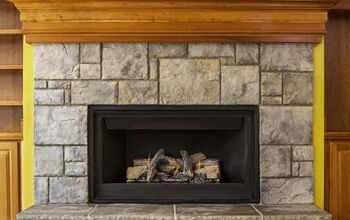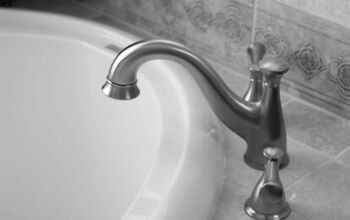Air Conditioner Vs. Dehumidifier: What Are The Major Differences?

Air conditions and dehumidifiers have a lot of similarities but are different in their purposes. The only way to tell which one is better is through the climate a person lives. Hot and muggy temperatures call for an air conditioner, while cool and humid climates call for a dehumidifier.
The distinct advantages of an air conditioner vs. a dehumidifier are dehumidifiers will remove the humidity, making the area neutral. Air conditioners remove humidity by cooling off the home. Humidity and the temperature together determine which one is better in the house, the air condition or the dehumidifier.
Throughout the article, we will cover the differences, energy use, and power consumption, combinations, and the damages that humidity causes. There are other significant purposes that a dehumidifier can do that an AC cannot. When there is water damage from a flood or leak, dehumidifiers will save your home from mold damage.
The Differences in AC Units and Dehumidifiers
Both AC units and dehumidifiers dehumidify a room or home. These are the differences between the two, and it is up to the homeowner which one works better for them.
Dehumidifiers
Dehumidifiers work off of the moisture in the air but do not cool the living spaces. Dehumidifiers are placed in a cool and damp location to prevent the growth of mold.
In a dehumidifier, humid air is taken in over the evaporator coil. It then goes through the condenser coil and is then released as regular air back into the area. It is warmer air than the room temperature once it passes over the condenser coil.
The dehumidifier remains in the room like an AC, but it is not meant to serve as a heating source. However, on a cool day in cooler climates, the dehumidifier can offer comfortable air to maintain the temperature in a room. The dehumidifiers work indirectly, which means the air has to pass through the machine and circulate to cover the area.
Dehumidifiers are construction and restoration workers’ best friends and employees in times of floods and water damage. If it is a flood due to nature, it is a one-time fix. If there are leaks, the leaks need to be repaired before placing the dehumidifier in a location.
All the water damage is repaired with the dehumidifier then the construction workers can begin their restoration process. In doing this, all moisture is removed, and mold and mildew will no longer be a future problem.
Air Conditioner
Air conditioners have a built-in dehumidifier operating system and work on warm, damp air, converting it into cool, dryer air. They are designed to make hot and sticky environments livable and comfortable. While dehumidifiers are kept entirely inside the home, AC units have to be both partially outside and inside to work.
Warm moist air enters the unit and passes over the evaporator coil, then the condenser coil, the same as dehumidifiers. The warm air created is released outside while the cool air enters the home. It is because of the cooling effect air conditioners are used over dehumidifiers.
Air conditioners remove odor from rooms as it prevents the formation and growth of fungus caused by humidity levels. An air conditioner also has a switch that turns off as it signals the condensed water pan is full.
Air Conditioner vs. Dehumidifier on Energy Use
Those who keep their AC running 24/7 will get a surprise every month when they get the electric bill. Sometimes people have to when they go through the middle of July and August extreme heatwaves. The energy use of a dehumidifier running all day and night is nothing like an air conditioner.
Dehumidifiers burn only 1/10 of what an AC central unit will burn. A dehumidifier will not do any good to cool a home in extreme heatwaves. The only way to cut the electric bill down 70 percent would be to convert to inverter air conditioning units.
Air Conditioner vs. Dehumidifier on Power Consumption
The power consumption is lower with the dehumidifier as well. A dehumidifier that has optimal fan speed sensors and the defrost cycle is proven to lower electric bills. They are designed with energy-efficient and power-saving features.
Power consumption deals with the type of equipment used. The latest technologies have excelled with energy-efficient technologies with their latest models. The best results come when homeowners pair the two machines together.
When pairing both machines together, it is wise to have fans circulating the air. It is proven to have a ceiling fan or other fans going drops the temperature by ten to 15 degrees. Instead of consuming more energy, it takes the strain off of the bigger units.
Portable Air Conditioner Dehumidifiers
For those who question which one is better or worse, the good news is portable AC dehumidifiers on the market. It does everything an AC unit and a dehumidifier do all in one portable unit. This unit does what is called spot cooling because it can control the room’s humidity levels.
Do Dehumidifiers Cool Anything At All?
To understand dehumidifiers, one must understand humidity first. Take the desert and compare it to wet climates, for example. The hottest temperatures are found in a desert, but the most uncomfortable is near the water or wet environments.
People with allergies and asthma enjoy dehumidifiers because it dries the air as it kills mold. Humidity causes problems for most people, but it also makes it hotter than it is. Humidity is a muggy, sticky feeling from the water vapors in the air.
In a sense, by removing the humidity in the air, a dehumidifier can make a room feel cooler. Some people are comfortable when the humidity is out of the room with just a dehumidifier. Others that need an air conditioner will notice it will not have to run as much, saving on electricity.
Cutting Edge Technology Dehumidification Air Conditioning
Having the best air conditioners can not only cool your home efficiently, but it can add years of healthy living. Some of the latest technology has added special features to AC units which do it all. They are designed to cool, dehumidify, ventilation, and purify the air at the push of a button.
High humidity areas have some of the most dangerous allergens, which are hazardous to our health. The added feature in the purification system removes the humidity, which sprouts dust mites, mold, and mildew. These new AC units surpass all we have and know about AC and dehumidifiers.
Each feature can work altogether or separately. It adds ultra-convenient living spaces and can save on electricity when it is not too warm. When the dehumidifier mode alone is chosen, it removes the muggy feeling, adding comfort to the room.
The dehumidifier mode works excellent on rainy and humid days. Even though a home is completely sealed, the humidity will set in. If the temperature is colder outside than inside, humidity is at its worst indoors.
Monitoring and Alternating Between the Units
The AC units with the purification and dehumidifier combo can remove humidity quicker with all three modes working. The downside is running everything at total capacity burns more electricity. It is best to alternate among the seasons.
When the summer is at its worst with the heat and humidity, keep all the modes in operation. Spring and fall, you may only need the dehumidifier, depending on where you live. It is wise to keep the purification mode on, but it works best with the dehumidifier.
Monitoring the humidity with a meter can help determine when to run the correct modes. Keep in mind; every room is different. A dehumidifier works especially for a basement, while bedrooms and living rooms are a better choice for air conditioners.
These options may leave you wondering if an AC unit is worth it, no matter the size of the unit. The best advice is the location and the climate outdoors and what makes the homeowner comfortable. It also depends on what the person can withstand and if there are any medical conditions.
The Pros and Cons of an Air Conditioner
Here are the good and bad critical points in having an air conditioner. There are not many bad points, but they can help make or break a decision.
The Pros of Owning An Air Conditioner
- It keeps the home cool and comfortable on hot days.
- It has its built-in dehumidifier system and some newer models with purification systems.
- Maintenance is easy if it is kept up on a regular cycle.
The Cons of Owning An Air Conditioner
- If it is run constantly, it can rack up an electric bill. Central units burn more electricity than window or portable units.
- When they break, especially the central units, it can get costly.
The Pros and Cons of a Dehumidifier
Owning a dehumidifier depends on the purpose it is intended. It has its good and bad points like the AC units. Here are the primary pros and cons.
Pros of Owning a Dehumidifier
- They are portable and can be placed at any source of the problem where moisture is an issue.
- Dehumidifiers do not burn much electricity.
- It is specifically designed to remove humidity while destroying allergens, mold, mildew, and other harmful contaminants that live in moisture.
- Dehumidifiers are used for construction workers and homeowners.
- On cooler days, dehumidifiers are perfect for running, conserving energy.
- It can make a home more comfortable and easier for people to breathe.
- The maintenance is easy to perform on the units.
Cons of Owning a Dehumidifier
- It will serve the purpose of dehumidifying but not cooling.
- Some people feel more of a warmer air coming out of the vents, making it hotter in the summer months.
- Some can get costly as it only works for one room. Having the entire home with a dehumidifying system can cost between $3,000 to $4,500 for parts and installation.
How Do In-Home Dehumidifier Systems Work?
Entire in-home dehumidifier systems work with the air conditioning and heating systems. The air passing through the return air holds moisture, and as it condenses, it creates water droplets. The water goes into the drain pan, and the dry air is dispersed at the temperature desired throughout the home.
More Related Guides

We are a team of passionate homeowners, home improvement pros, and DIY enthusiasts who enjoy sharing home improvement, housekeeping, decorating, and more with other homeowners! Whether you're looking for a step-by-step guide on fixing an appliance or the cost of installing a fence, we've here to help.
More by Upgraded Home Team



